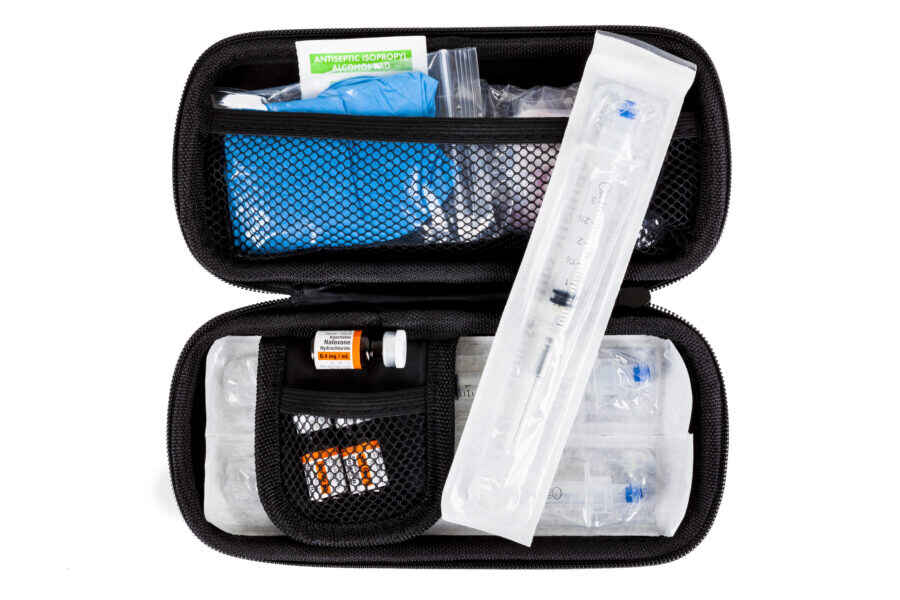
Springing Forward into Collaboration and Growth
Network NewsThe universal themes of Spring: renewal, unity, and transformation, resonate deeply with our Network mission. Law itself can be transformative—both positively and negatively— so we were committed to joining other health advocates in signing on to an amicus brief in an important upcoming court case with the potential to negatively impact access to emergency medical care, including during pregnancy.











